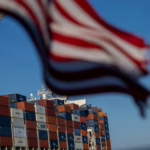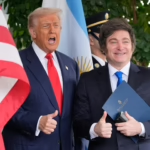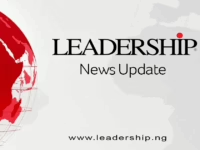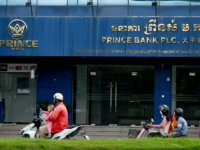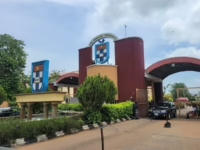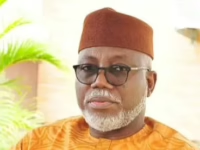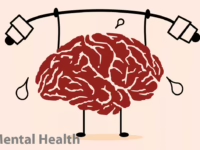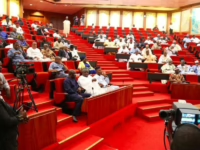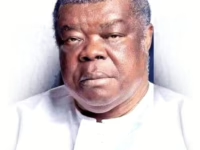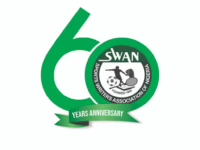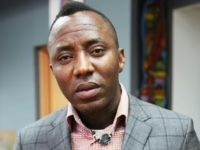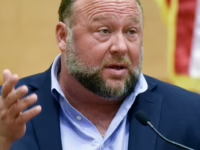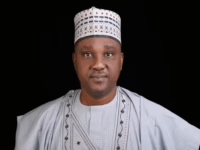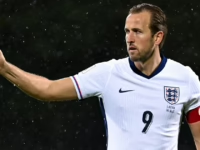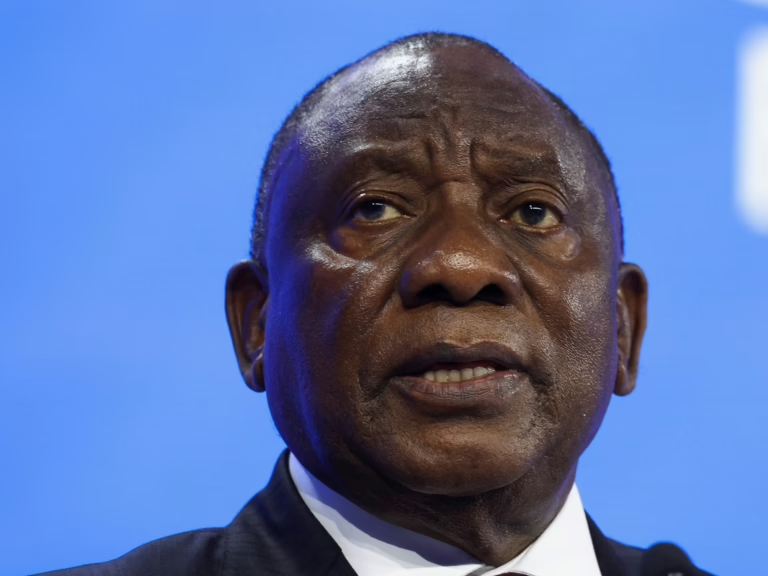President Cyril Ramaphosa asserts that true progress and reconciliation depend on the International Court of Justice hearing the case against Israel.
South African President Cyril Ramaphosa has affirmed that the israel-ban-gaza-ceasefire/” title=”Activists Intensify Push for Football Ban on … Amid … …”>recent ceasefire in Gaza will not influence his nation’s ongoing genocide lawsuit against Israel at the International Court of Justice (ICJ).
Speaking in Cape Town’s parliament on Tuesday, Ramaphosa underscored South Africa’s unwavering commitment to advancing its 2023 legal action, despite the US-supported ceasefire agreement designed to halt hostilities in the embattled Gaza Strip.
“While we welcome the peace agreement, it does not alter the legal proceedings currently before the International Court of Justice,” Ramaphosa declared to lawmakers.
He further explained, “The case is moving forward, and the next phase requires Israel to respond to our detailed pleadings submitted to the court, with their reply due by January next year.”
South Africa initiated the case in December 2023, accusing Israel of perpetrating genocidal acts within Gaza.
In October 2024, South Africa presented a comprehensive 500-page dossier to the ICJ. Israel is expected to submit its counterarguments by January 12, 2026. Oral hearings are projected for 2027, with a final ruling anticipated by late 2027 or early 2028.
The ICJ has already issued three provisional orders demanding Israel halt genocidal actions and permit humanitarian aid access to Gaza, though compliance has been minimal.
According to Palestinian health officials, over 67,000 Palestinians have lost their lives in Gaza since October 2023.
Ramaphosa stressed that genuine reconciliation hinges on the thorough adjudication of the case.
“Healing cannot occur without the proper judicial examination of the claims we have brought forward,” he stated.
In response to the announcement, Francesca Albanese, the UN special rapporteur on the occupied Palestinian territories, commented on X, “Peace that lacks justice, respect for human rights, dignity, reparations, and assurances against recurrence is inherently fragile.”
Spanish Prime Minister Pedro Sanchez, a noted critic of Israel, shared similar views in an interview with Spanish radio, emphasizing that the ceasefire must not translate into impunity.
“Impunity is unacceptable,” Sanchez asserted, adding, “Those responsible for the genocide must be held accountable.”
Human rights organizations such as Amnesty International and Human Rights Watch have accused Israel of genocidal conduct in Gaza. A UN inquiry commission concluded in September 2025 that genocide had been committed by Israel.
Israel has vehemently denied all genocide allegations.
Several nations, including Spain, Ireland, Turkey, and Colombia, have joined or expressed intent to support South Africa’s case at the ICJ. Colombian President Gustavo Petro warned that governments risk complicity in atrocities if they fail to act.
South Africa also co-leads The Hague Group, established in January 2025, a coalition dedicated to holding Israel accountable through legal, diplomatic, and economic strategies beyond the ICJ framework.


